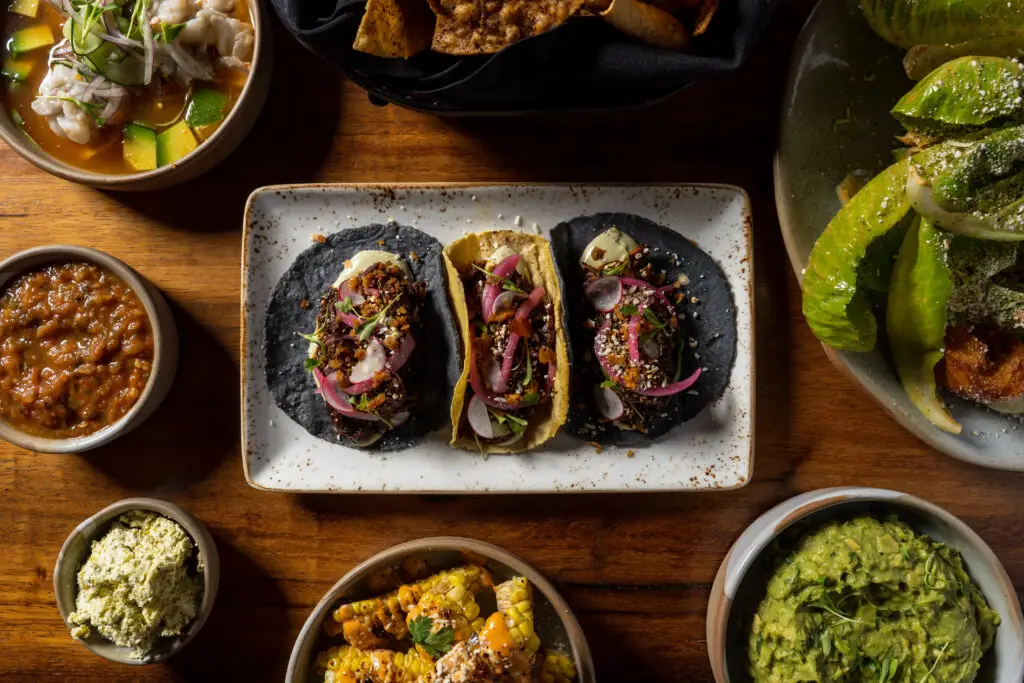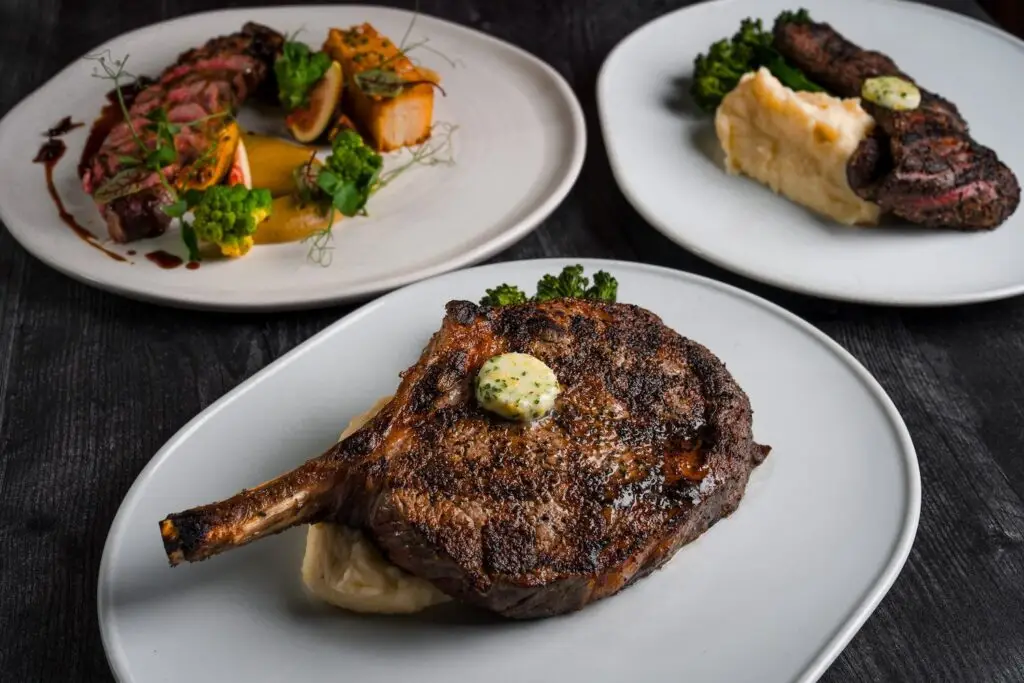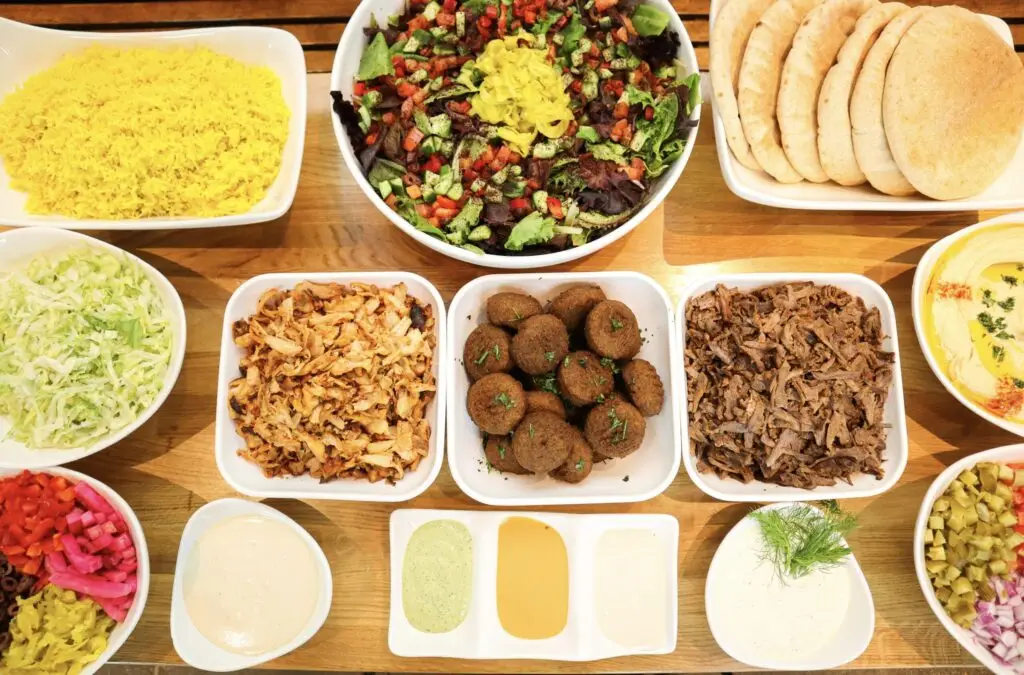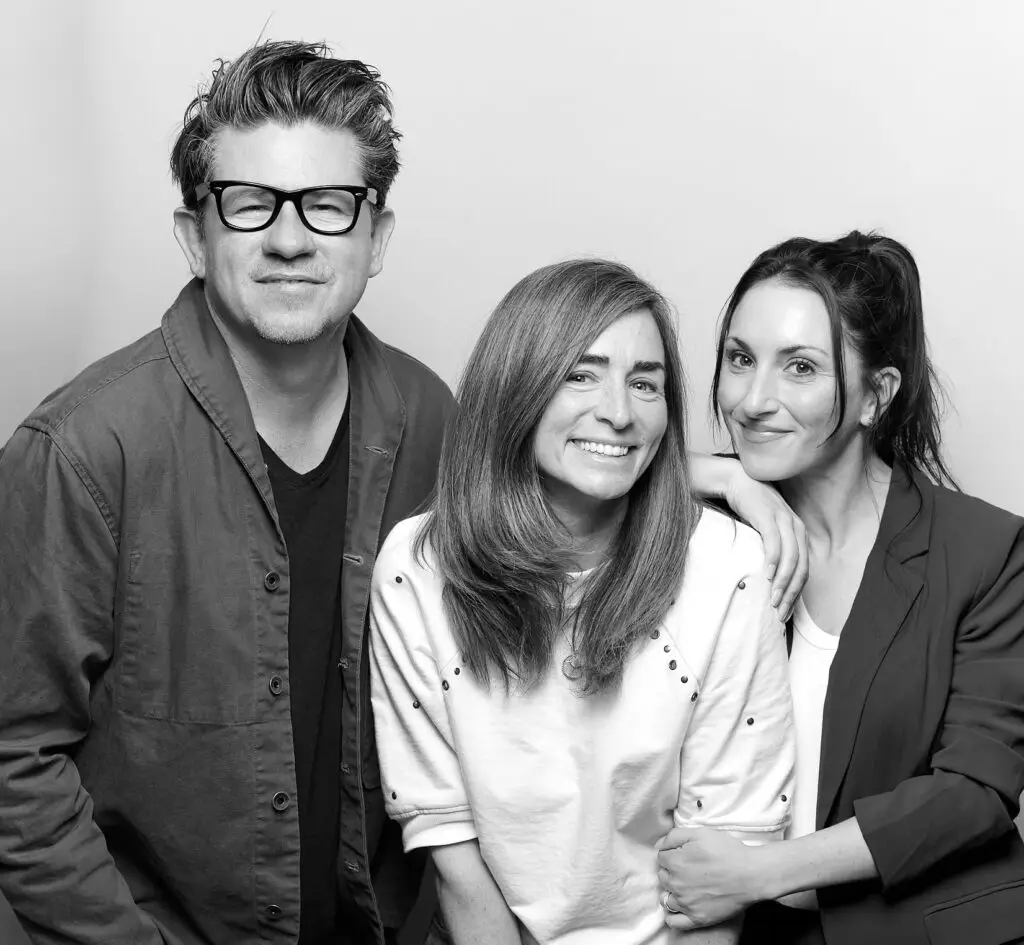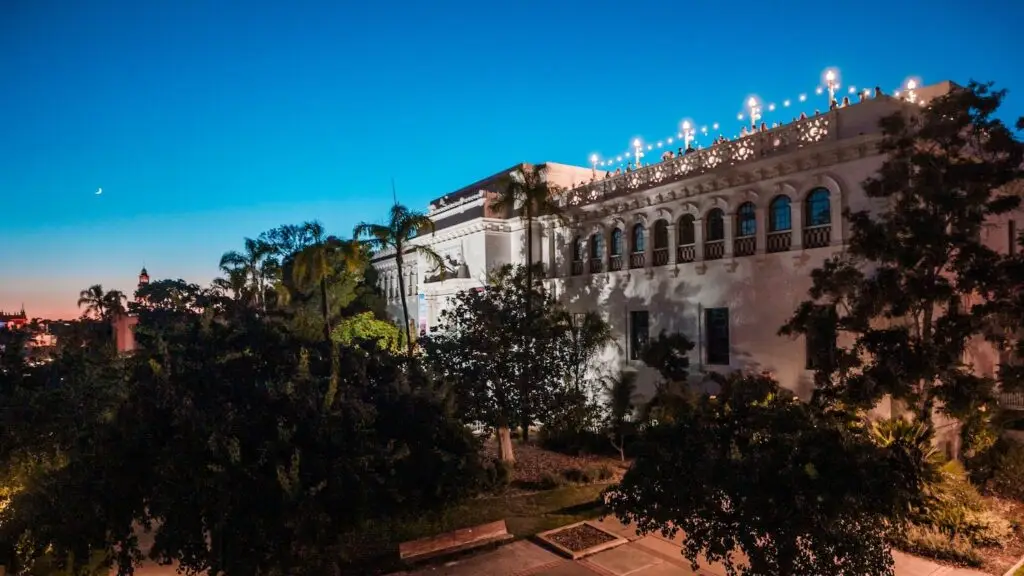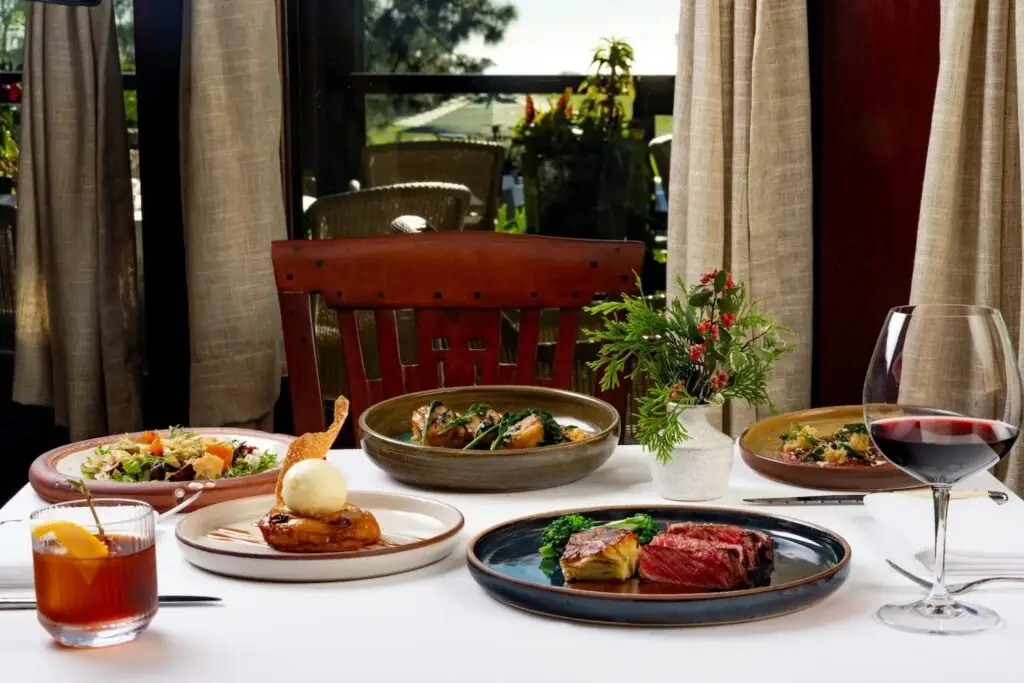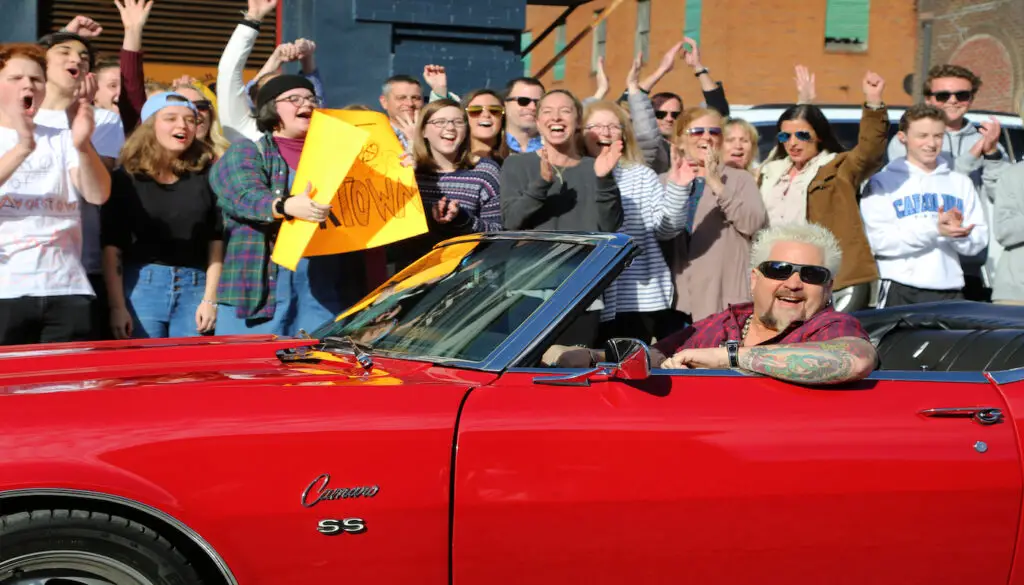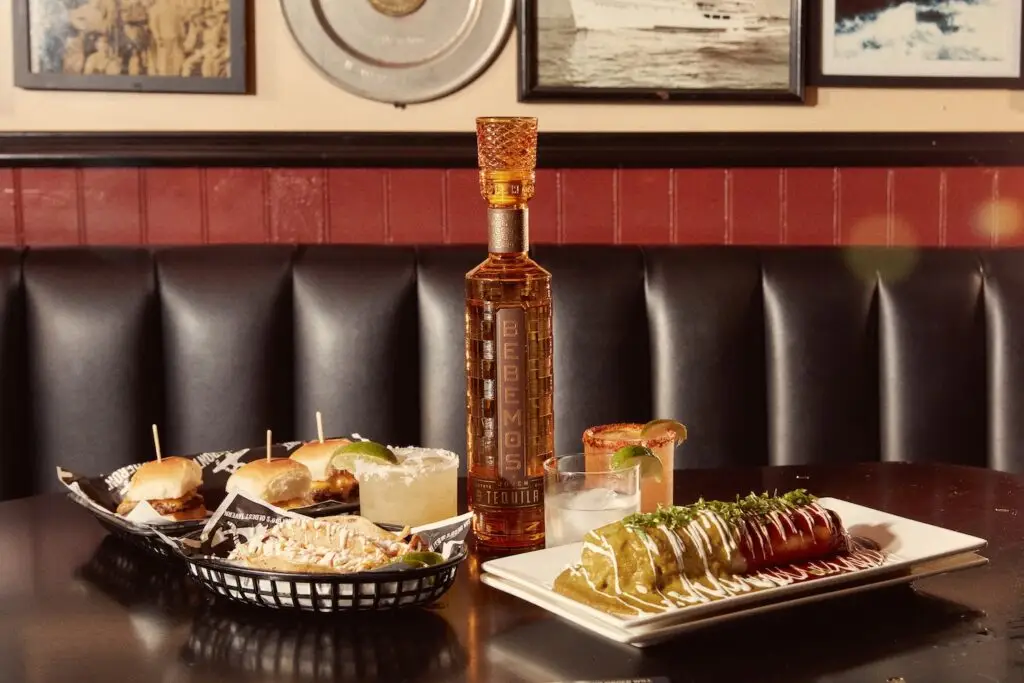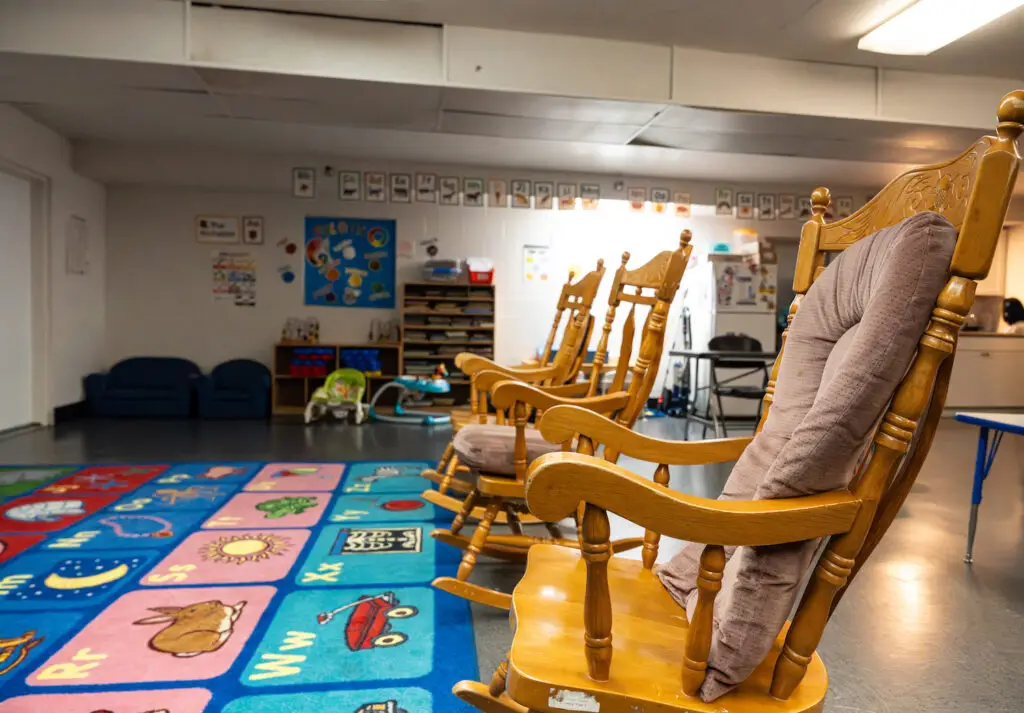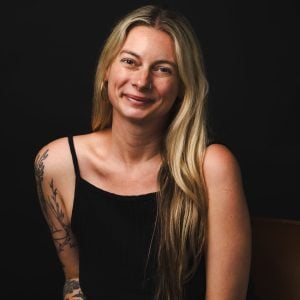If there’s one thing we can agree on after the year we’ve had, it’s that community is everything. While staying safe from COVID-19 means we’re staying close to those in our immediate households, people throughout San Diego have been finding ways to stay connected through mutual aid initiatives—a grassroots effort where communities care for one another.
One such initiative is The Community Front, which collects and supplies clothing, home decor, toys, and other goods in a free-store format. It was started this September by local musician Priscilla Palafox, who moved to San Diego from Los Angeles during the pandemic.
“I was cleaning out my closet and downsizing due to moving again,” she says. “A friend of mine told me about this protest camp in downtown LA, so I went to donate some of my clothing there. When I arrived, they told me the clothing was going to their free store. That was a concept I’d never thought of before. A free store? That’s amazing.”
She canvassed friends and family and convinced them to part ways with their unwanted goods so she could set up her own free store. Since September, The Community Front has grown with clothing for children and adults, shoes, toys, books, DVDs, bedding, hygiene supplies, and more. The store is open and free to all, with social distancing enforced, at Officer Jeremy Henwood Memorial Park in Fairmount Village every Sunday. It sets up next to Food Not Bombs, another mutual aid group that has been serving hot meals in San Diego and Tijuana for the past 10 years.
Palafox says her store is no different from one you’d see in a boutique pop-up at a festival or vintage flea market: “I want to ensure that our underserved neighbors and siblings have a place to come and be treated with dignity. These populations can often be ignored or treated poorly—especially by police who target these folks and periodically destroy or throw away their belongings. Something as simple as walking into a store and being treated as a regular customer is something we may take for granted. I wanted to bring this same experience to folks that do not have the means to go shopping at other stores.”
In addition to Food Not Bombs, other food-related initiatives have sprung up, such as We All We Got SD. It was started by local activists, led by DJ Kuttin Kandi, as a response to COVID-19. When Kandi and his team noticed similar community organizations popping up around the country, they decided it was time for San Diego to have one of its own.
The group focuses on getting food to people in need throughout San Diego County. According to Feeding San Diego, one in eight people faced hunger before COVID-19 hit—and that number has surged by 50 percent since. We All We Got operates out of the Brown Building in City Heights, where volunteers accept food donations, organize and pack bags, and distribute them at weekly food pickups. Those in need can drive up and receive the week’s grocery bags with no contact, no questions, and no prerequisites. The organization also offers volunteer-driven grocery deliveries to those without access to transportation.
An Old Concept Becomes New Again
Although mutual aid organizations are seeing renewed popularity during the pandemic, the concept dates back to Russian naturalist, anarchist, and economist Peter Kropotkin, who died in 1921. Kropotkin was inspired by what he had seen during a winter trip through the Siberian wilderness, when he noticed that in times of severe environmental stress and scarce food, animals tended to band together and help one another, rather than compete for dwindling resources.
From that observation developed a sprawling practice called mutual aid, or organization theory, an evolutionary theory claiming that humans’ natural state is cooperation. Mutual aid organizations today help those in marginalized communities, which often lack significant formal and governmental support. The theory emphasizes that poverty is a condition created by capitalism, not by the failings of individual people or communities, and when people fall through the cracks, it’s up to their community to support one other.
If any of this sounds familiar, that’s because it is. During the pandemic, many of our neighbors have had to rely on personal networks as well as other charitable and mutual giving initiatives to get by. Though formal mutual aid networks abound all over the world, they are modeled after the instinctual ways humans care for one another in their everyday lives to ensure mutual survival and comfort.
Key to the efforts of We All We Got SD and those of other mutual aid groups in town is the concept of “solidarity, not charity”—the idea that charity puts restrictions and qualifications on who receives aid, whereas mutual aid recognizes that each person is the best judge of their own way to survive. If everyone is cared for, they will then also be able to show up and better help others in turn.
“As much as the world seems to be falling apart around us, mutual aid and love for the community really restores faith in humanity,” Palafox says.
For those looking to contribute in any way, check out these other local mutual aid organizations around town: Solve for X, SD Queer Black Housing, Democratic Socialists of America San Diego’s Mutual Aid fund, March for Black Womxn San Diego, Cultivando SD, Feeding Daygo, DeDe McClue Bail Fund.
Jackie Bryant is a San Diego-based freelance writer.
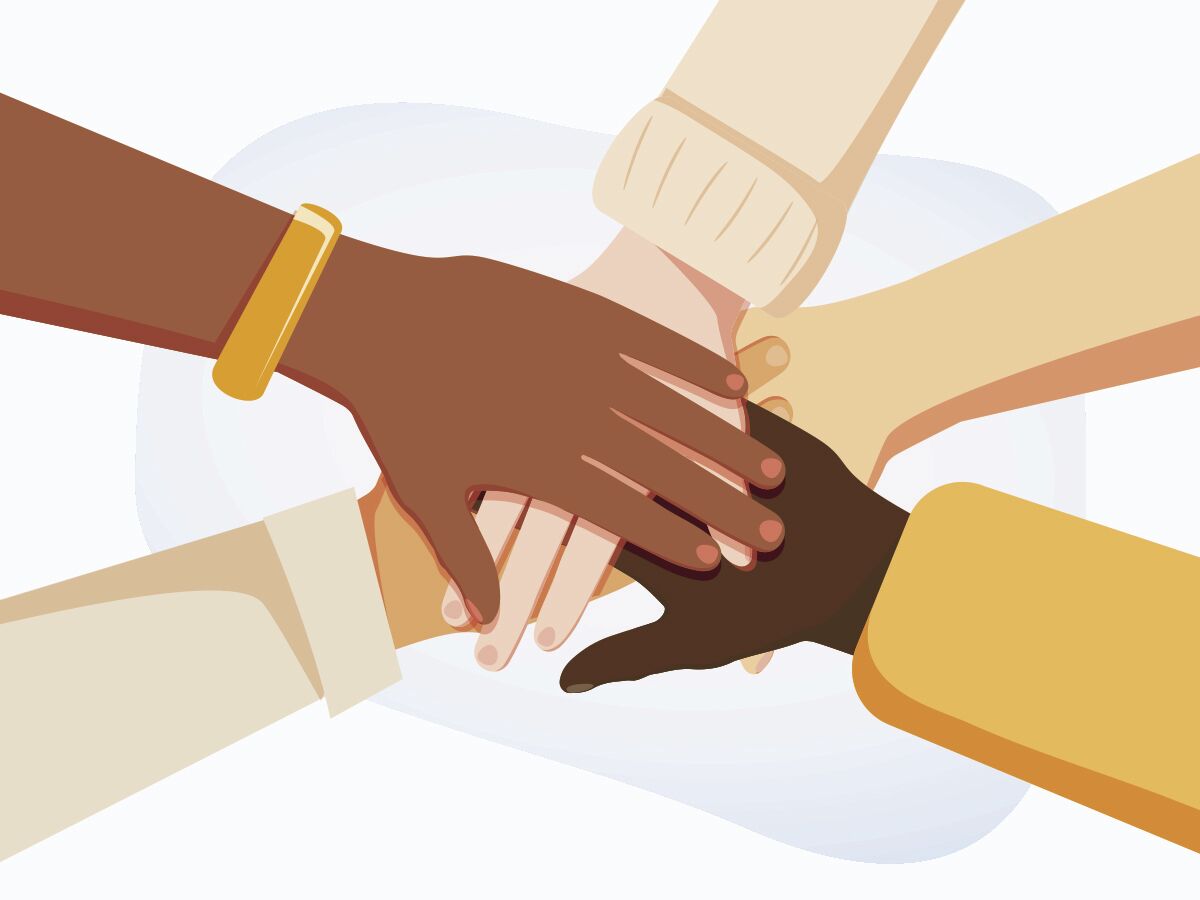
PARTNER CONTENT
Mutual Aid in San Diego
